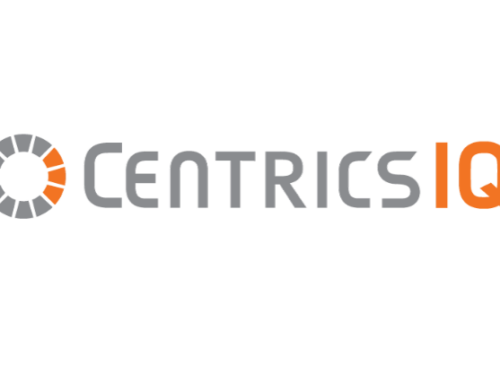Take 4 minutes to read this article
You’ve already determined to outsource a percentage of your IT tasks to alleviate pressure on your in-house teams. However, not all “full lifecycle” vendors can deliver fully—and globally—on their promises. For multinational companies, contracting with a different IT field services provider for each of your locations adds logistical complications and increasingly complex vendor obligations.
Global companies need a global IT field services solution that can help them anywhere, anytime they need a partner to fill in the gaps. But not every “global” IT field services provider can truly fulfill your international outsourcing needs, and not every field services provider can rise to the challenges your company has. That’s why it’s essential to appraise your options before signing on with a new IT field services provider.
Here are five key questions to ask your potential IT Field Services provider (before you start investing in their solutions).
1. How Do You Vet Your Engineers?
- The ideal IT Field Service provider will have a standard operating procedure with predetermined criteria to find, interview, and hire qualified engineers. Ask the companies you are considering if they have a method of establishing and maintaining accountability with their engineers to ensure that the quality and standardization of their services are never compromised. If they don’t have an answer, you could end up with subpar engineers that do not have the full qualifications you need for your projects. The vendor should also have a formal system to assess and remediate any impairments to your services and/or brand due to improper engineering practices.
2. What Quality Assurance (QA) Metrics Do You Have in Place for Each Project?
- There are many options available for QA and project management software and dashboards, but knowing which platforms are the right fit for your company can be complicated. Ask your potential IT provider what internal accountability and project management platforms it has in place. What client-facing software does the company use to better meet your real-time needs and keep you informed of your project progress?
3. How Do the Skill Sets of Your Technicians and Engineers Match the Scope of the Work Required by Each Project?
- An ideal support vendor candidate should have a standardized methodology to assign the properly qualified engineer with the skills (and disposition) to safely and competently complete the project. Ask if your provider’s procedure prevents over-qualified techs and engineers from being assigned to smaller projects to keep the project more budget friendly.
4. Do You Have a Designated Project Manager/Coordinator for Each Project?
- Will your company be assigned dedicated Project Managers and Coordinators to lead and manage each project? Or does the provider simply spread its IT leadership too thinly? You need assurances that this vendor is not simply a dispatch company, but a full-solutions vendor that will comprehensively take on the entire process from start to finish so that nothing falls through the cracks.
5. What Kind of Reporting Do You Provide Throughout and at the End of the Project?
- Find out both the standard frequency and quality of communication the vendor establishes between its engineers and your IT leadership. Does it organize its reports per location, engineer, or project? Does it submit detailed reviews, with proof that the bill is accurate for the services rendered? Establish whether its reports are completed after granular tasks, larger milestones, or not until project completion, and determine if its reporting schedule works for your team.
CentricsIT – A Single Global IT Field Services Solution
CentricsIT On-Demand Field Services offers full IT life-cycle support solutions, from the day of procurement to the end of decom. Here are our answers to the questions above:
- Engineer Vetting and Assignments: CentricsIT evaluates each engineer’s current skills, technical aptitude, problem-solving abilities, soft skills, and individual integrity. We then categorize our engineers according to skill level, years of experience, and specialized focus. Finally, we match every project with the expert engineer whose skills and personality traits uniquely suit that client and the project at hand.
- Quality Assurance Management Software: When you engage the project team at CentricsIT, we become one with your internal team, delivering updates in real-time through the CentricsIQ project intelligence platform. Logging in to CentricsIQ gives your team the ability to communicate with CentricsIT in real-time, update project milestones, requests changes, or simply check the status of the ongoing milestones. Transparency and collaboration are the keys to our ongoing customer relationships—and the backbone of our service delivery model.
- Project Team Assignments: We assign a dedicated Project Manager and Project Coordinator to each contracted project. This tag-team approach enables us to execute even the smallest details while staying focused on the larger mission of the project, directly relieving the project management burden from your IT team.
- Tailored Reporting: CentricsIT reports are always tailored to our clients’ unique expectations and needs. Our engineers will integrate directly with your in-house teams, even attending planning calls and submitting project reports—just as if they were part of your full-time staff.
Most companies can reduce their OPEX by 30-40% by outsourcing some of their IT field services to external vendors.
Download the free whitepaper from the CentricsIT experts to see how companies are scaling their teams globally with on-demand IT field services.





